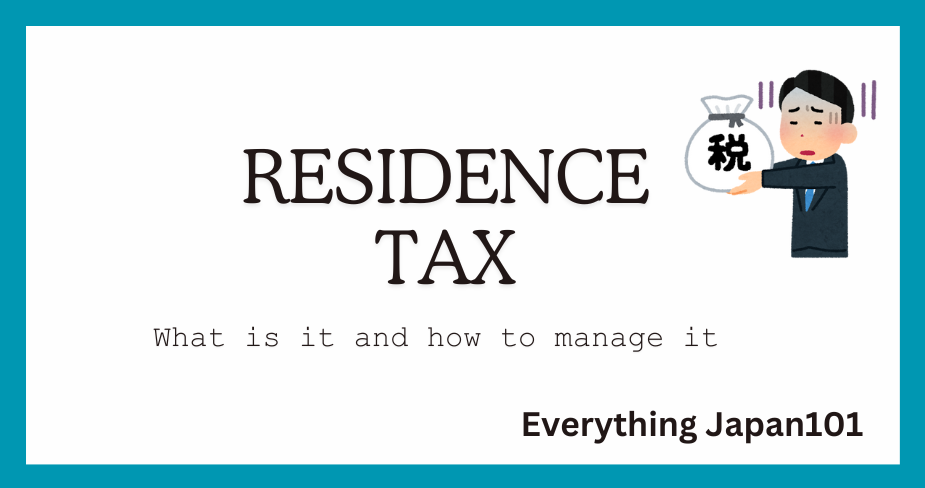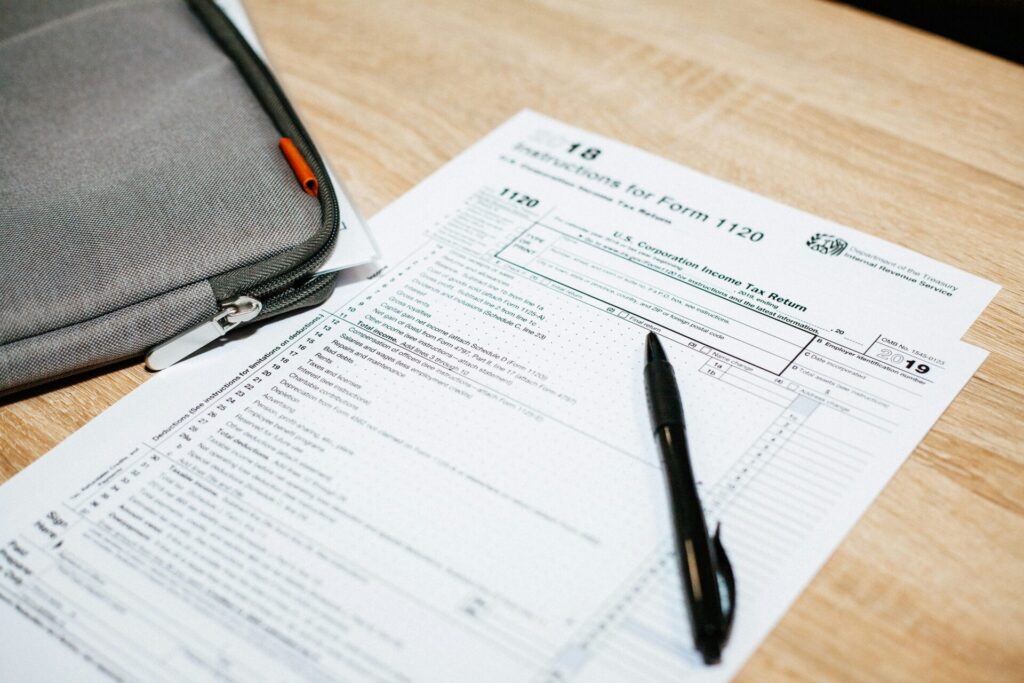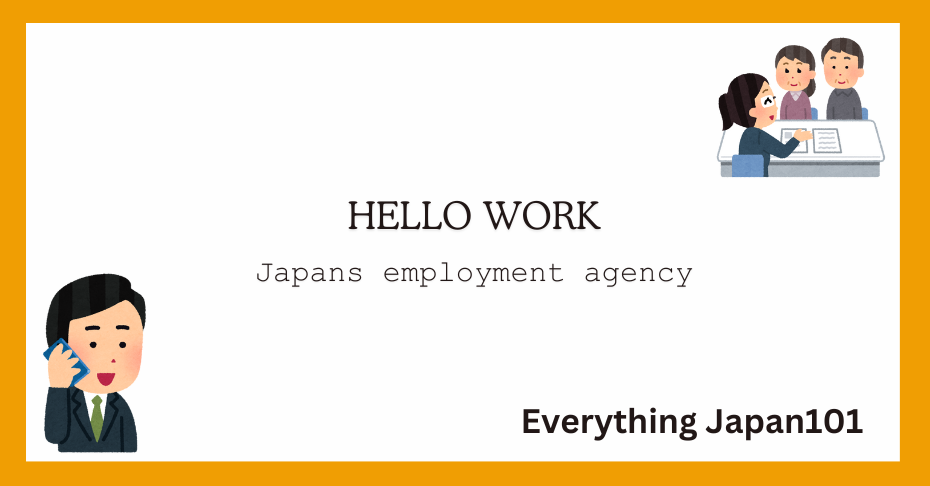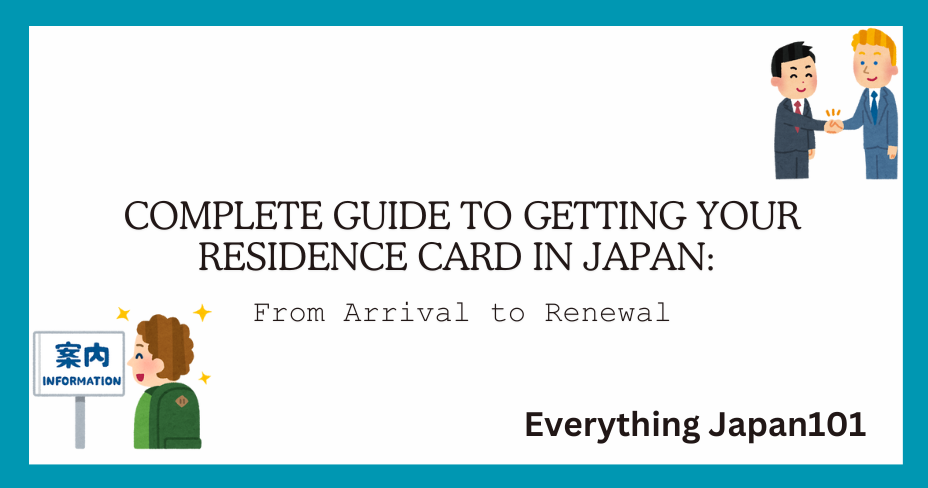What is Residence Tax in Japan

Taxes are an inevitable part of life, and for residents of Japan, understanding the intricacies of local taxes like Residence Tax (Juminzei) is essential. Whether you’re a long-time resident or planning to relocate to Japan, here’s everything you need to know about Juminzei in Japan and how it affects your finances.
What is Residence Tax in Japan?
Residence Tax, commonly known as Juminzei, is a local tax imposed on individuals residing in Japan as of January 1st each year. Unlike income tax, which is managed by the national government, Residence Tax in Japan is administered by local municipalities (cities, towns, and villages) where the taxpayer resides.

Key Points to Understand:
- Basis of Assessment: Residence Tax in Japan is based on the previous year’s income and property value (if applicable).
The tax amount is based on taxable income (after deductions) multiplied by a rate set by the local municipality. - Who Pays: Anyone registered as a resident of Japan on January 1st must pay Residence Tax for that year. This includes both Japanese citizens and foreign residents who have registered their address with the local government.
- Payment Schedule: Juminzei is assessed in June and billed in two installments: one in June and the other in November. The exact deadlines and procedures may vary slightly depending on the municipality.
- Deductions and Exemptions: Various deductions and exemptions may apply to reduce your Juminzei in Japan liability. These can include deductions for dependents, medical expenses, and certain types of income. It’s advisable to consult with a tax professional or refer to official guidelines to maximize potential savings.
- Importance of Compliance: Paying Residence Tax in Japan on time and accurately is crucial to avoid penalties or legal consequences. Municipalities take tax compliance seriously, and failure to pay or report accurately can result in fines or legal actions.
How to Manage Residence Tax in Japan Effectively:
- Understand Your Obligations: Educate yourself on the rules and regulations regarding Juminzei in Japan in your specific municipality. Stay informed about any changes or updates that may affect your tax liability.
- Keep Records: Maintain accurate records of your income, deductions, and any property assessments relevant to Juminzei in Japan calculations. This will streamline the tax filing process and ensure compliance.
- Seek Professional Advice: If unsure about Juminzei or tax planning, consult a tax advisor or accountant specializing in Japanese taxation.
Conclusion:
Juminzei in Japan is more than just a tax—it’s a fundamental aspect of financial responsibility for residents in Japan. By understanding the principles, obligations, and benefits (like deductions), you can effectively manage your tax responsibilities and stay compliant with local regulations.
Staying informed and proactive about Juminzei in Japan will help you manage your finances and ease your integration into the local community. Embrace the chance to learn about Japan’s tax system, equipping yourself with the knowledge to thrive as a resident.
Have more questions about Juminzei in Japan or want to share your experiences? Feel free to leave a comment below. Let’s continue learning together!











